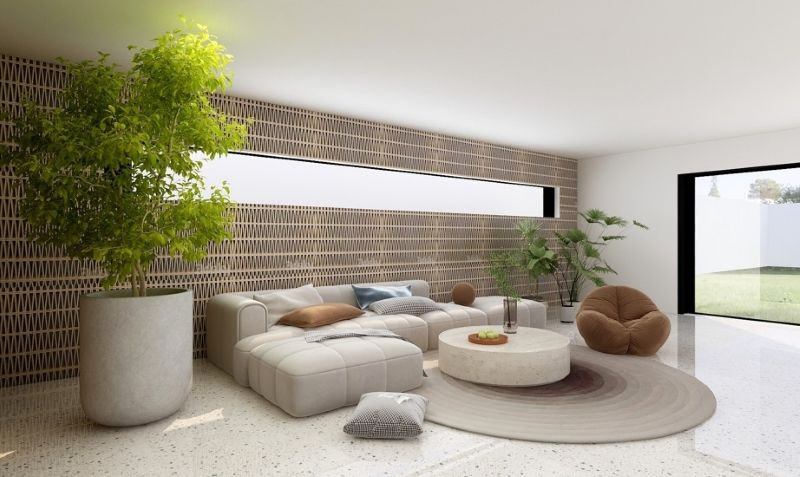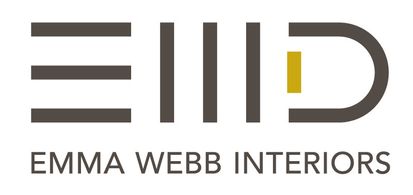
31/08/2023
Design around people and not the TV!
Biophilia describes the instinctive bond between human beings and other living things – Nature nurtures, calms and inspires us. Biophilic design is an evidence based approach that fuses design with natural elements to create spaces that impact positively upon health and wellbeing.
Our intrinsic connection with nature is profound and reciprocated. Throughout 97% of our evolutionary history, we inhabited natural surroundings, while only 3% of our evolutionary timeline has been spent as urban inhabitants. Presently, the dominant "natural habitat" for contemporary people is largely the indoor built environment, where approximately 90% of our time is spent- cut off from the natural systems we evolved from, it is no surprise that the primitive parts of our brain crave a reconnection with nature.
Biophilia describes the instinctive bond between human beings and other living things – Nature nurtures, calms and inspires us. Biophilic design is an evidence based approach that fuses design with natural elements to create spaces that impact positively upon health and wellbeing.
One of the earliest earliest studies of health related outcomes and biophilia was spearheaded by Roger Ullrich (Ulrich, 1984). Convalescing patients who had undergone gall bladder surgery were allocated to rooms on a single side of a building. Half of these rooms overlooked a brick wall, while the remaining ones offered vistas of trees and shrubs. Patients with a view of the brick wall necessitated an average of 8.7 days for recovery, in contrast to the 7.9 days required by those with a view of the trees. The latter group also exhibited reduced nursing interventions and a decreased reliance on pain medication.
Biophilic Design has been around for a long time - infact Healthy building has been an aspiration through the entire history of mankind
1. The Egyptians and ancient Greeks recognised the positive health effects of sunlight and pure water and brought plants into their homes.
2. The knights of Malta built their hospital in Valetta , Malta to provide nature views from each bed
3. Florence Nightingale said “Do not build good hospitals, build good homes” and identified the five things she believed essential in the home as pure air; pure water; efficient drainage; cleanliness; and light, especially sunlight.
4. Winston Churchill famously said : 'we shape our buildings and afterwards our buildings shape us.’
Across three decades of research, it has been firmly established that exposure to natural environments:
• Reduces stress and heart rate
• Lowers blood pressure
• Increases well being and productivity
• Positively impacts circadian system
• Improves concentration and memory
• Improves mental engagement and attentiveness
• Positively impacts attitude and overall happiness
However, In reality the effects of nature experiences are not just stress reducing or cognitive impacts but frequently a combination of both. The key takeaway from all of this is that we need to focus on designing spaces that revolve around human needs and experiences.
